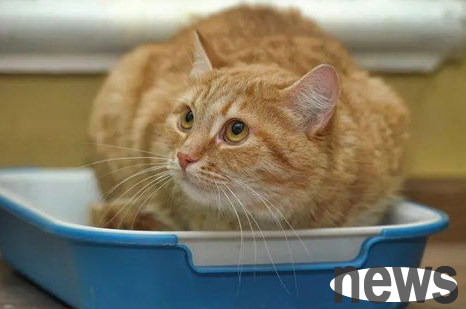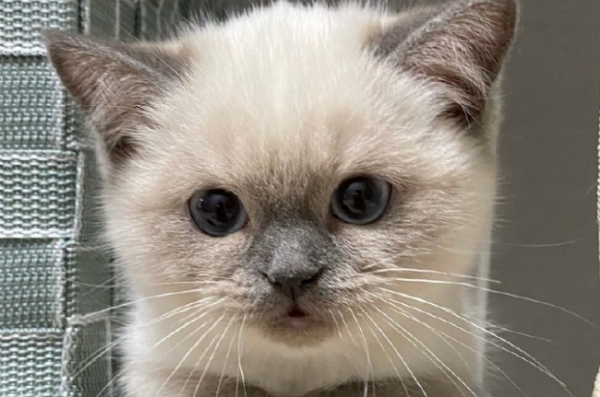What medicine should I take for the symptoms and treatment of constipation in cats? Come and get it
Constipation in cats is a digestive system disease that causes incomplete or complete obstruction of the intestinal tract due to intestinal movement disorders and secretion disorders, stagnation and dryness of intestinal contents. This disease is more common in cats' colon and rectum, especially in kittens, elderly cats and long-haired cats. The longer the constipation period, the more difficult it is to treat it. In severe cases, autologous poisoning may occur or secondary other diseases may worsen the condition.

1. The causes of this disease are as follows:
1. Feeding and management: such as long-term feeding of dry food, lack of drinking water, eating human hair and foreign bodies, insufficient exercise, and sudden changes in feed, environment and management may all cause this disease.
2. Diseases: Painful diseases of defecation (such as rectal polyps, rectal inflammation, rectal stenosis, tumors, anal abscesses, etc.), constipation occurs due to the disappearance of normal stools.
3. Self: Diseases of defecation and movement disorders (such as maligy joint dislocation, pelvic fractures and hind limb fractures, etc.) can all cause constipation.
2. Symptoms
In the early stage, the sick cat uses force to defecate and discharges a small amount of dry stool with mucus, or a small amount of foul-smelling stool. In the later stage of the disease, sick cats may show uneasiness and try to defecate but are not easy to discharge, be nervous, whine, and frequently review their abdomen. Then the appetite decreases or becomes depressed and the spirit is depressed. Some vomit, obvious internal organs are dysfunctional, abdominal circumference is enlarged, and intestinal qi is swelling.

III. Treatment methods
1. Enema therapy: suitable for mild symptoms and simple constipation. Use 40-80 ml of warm soapy water, pour it into the intestine with an enema device, and moderately press the secret feces in the intestine with external abdominal distension. Generally, it can work.
2. Drug therapy: Oral administration of appropriate laxatives. For example, 5-30 grams of magnesium sulfate or 5-50 ml of liquid paraffin oil, take orally.
3. Surgical therapy: If severe intestinal constipation is not effective with the above method, surgical surgery can be performed and feces are removed from the intestinal cavity.
4. Another way:
Feed a spoonful of salad oil in a sick cat to lubricate the intestines. 10 ml at a time, feed 2-3 times, it should help. In addition, you can give it a little milk, don’t have too much, usually just one bowl bottom.



